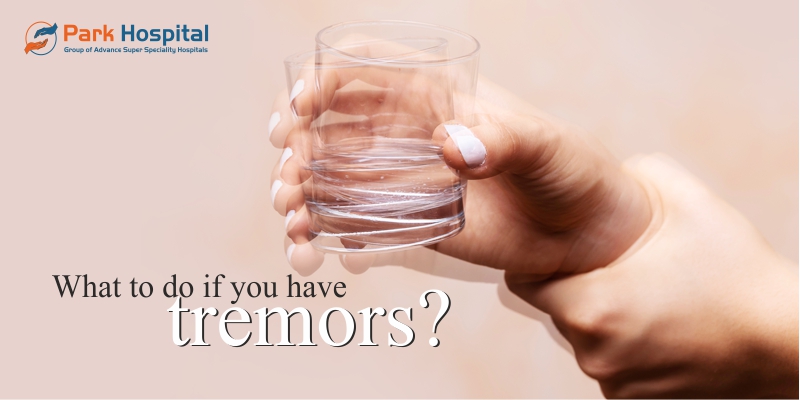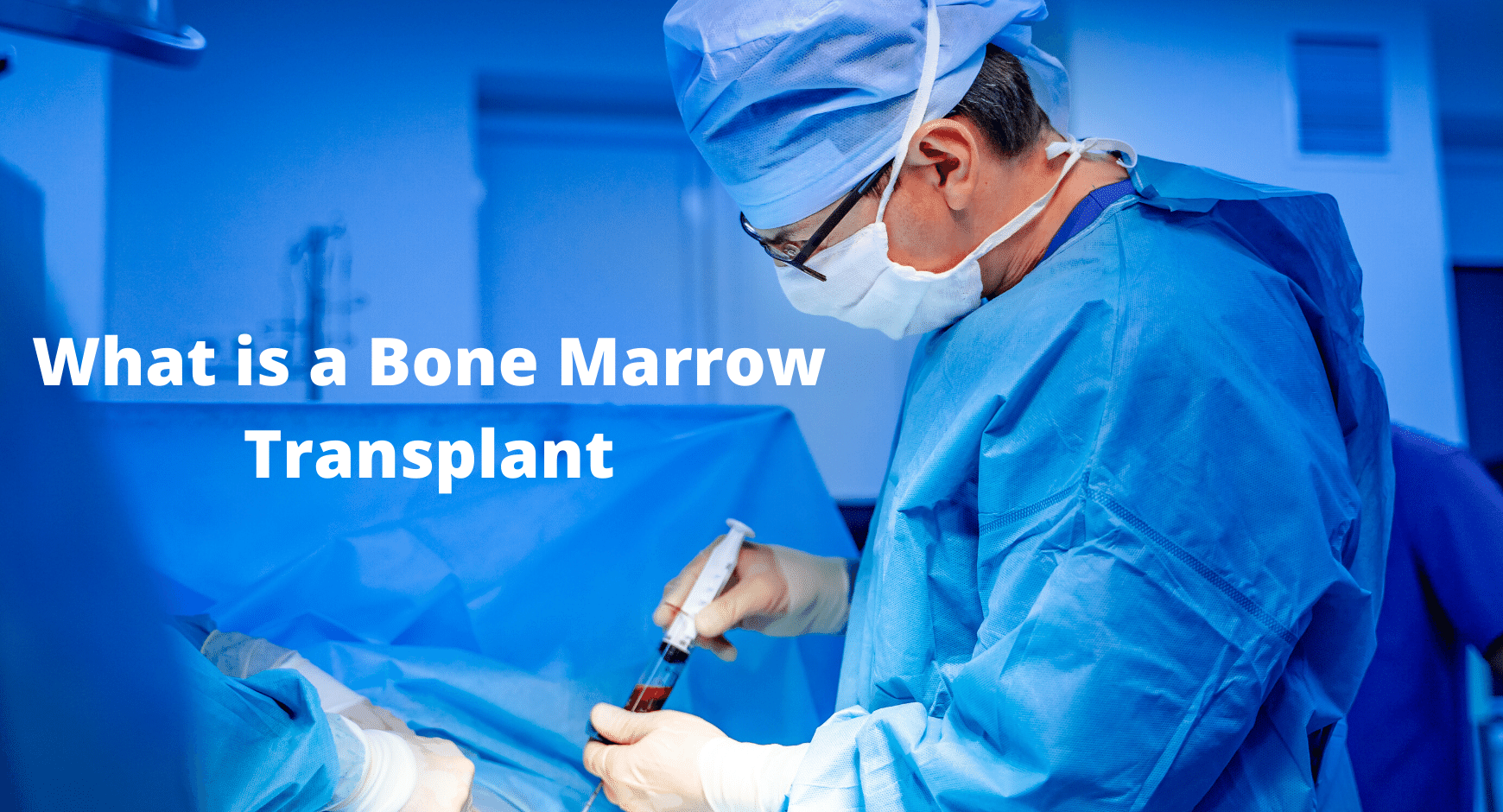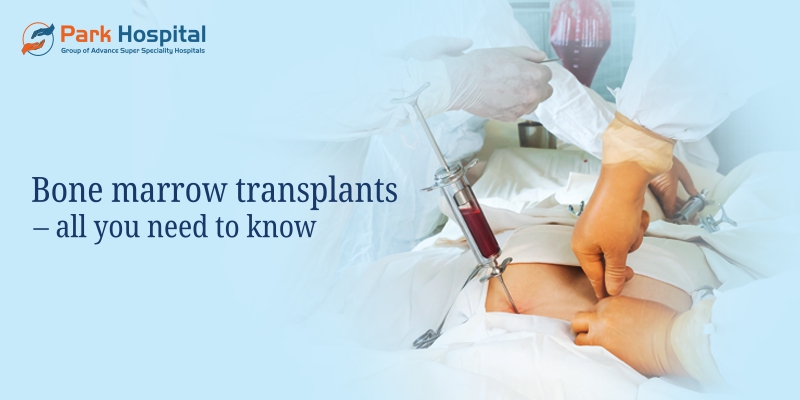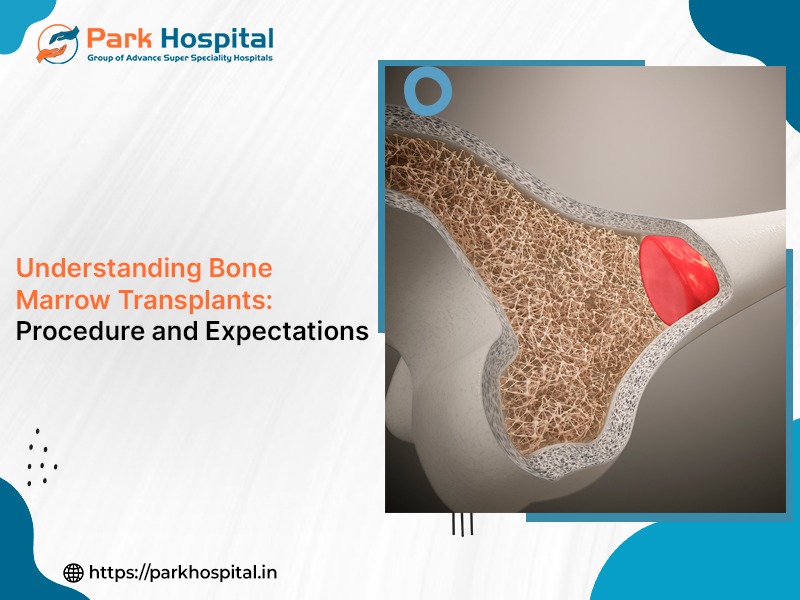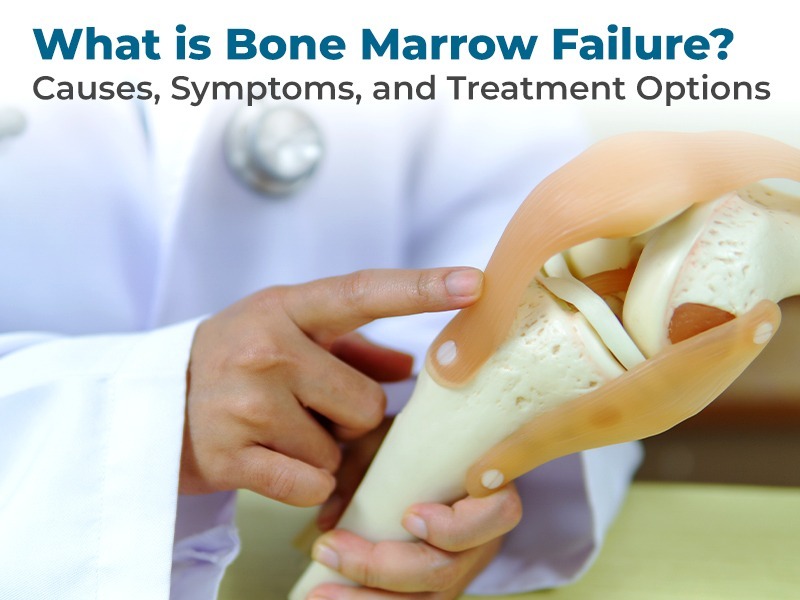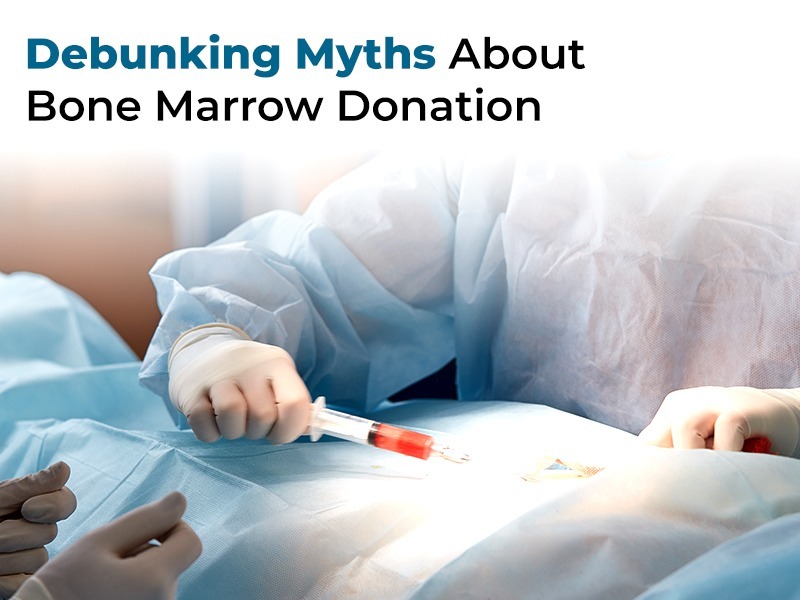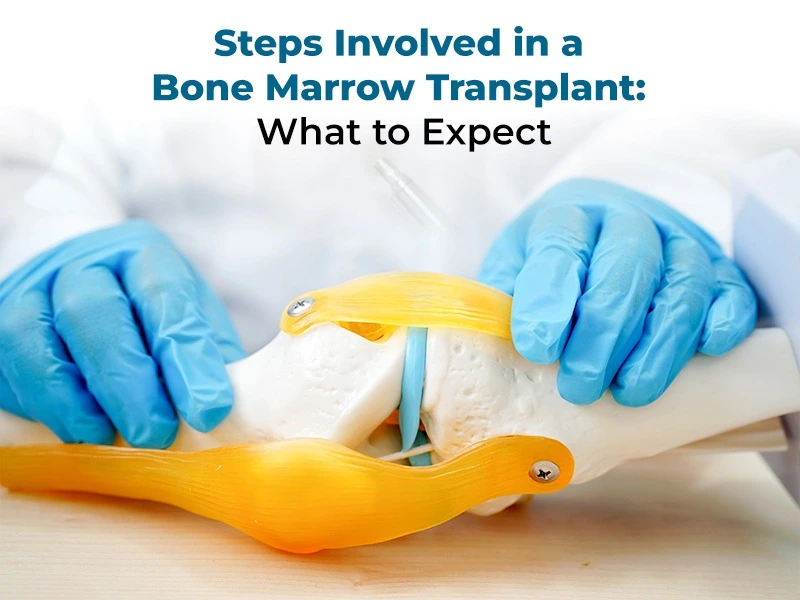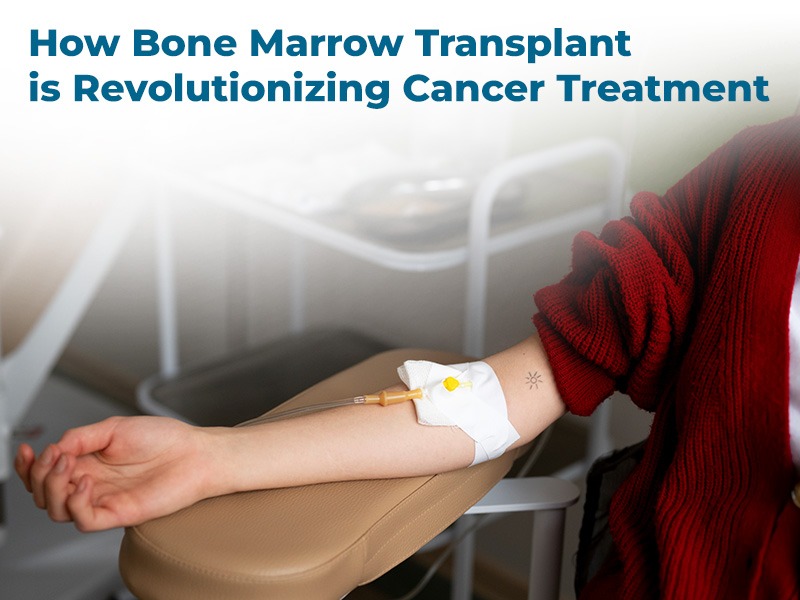Tremors Need Not be a Lifelong Disorder - Know Your Treatment Options
Understand more about what underlies your tremors and the best way to treat it
Do you experience uncontrollable shaking? Have you noticed tremors in your hands? If you have had tremors for some time now, chances are that you need the guidance and services of a good neurologist and neurosurgeon who can treat you without any need to worry about complications.
What does a tremor look like?
A tremor is uncontrollable shaking in one or more parts of the body, often in the hands. It has a pattern that is attributed to involuntary muscular contractions. You must first know that tremors are not life threatening - but they may be causing you a lot of inconvenience in carrying out your daily life and can be quite disabling. For example:
∑ Shaking in legs, torso, or head
∑ Inability to hold things due to excess shaking
∑ Inability to write
∑ Head nodding
∑ Shaking voice
What could be the cause for tremors?
Most tremors have no known cause since they occur due to problems that occur in very deep parts of the brain that control movement. However, tremors can also be the result of some other underlying condition that can be investigated by a neurologist specialist.
∑ Alcohol abuse
∑ Certain types of medications
∑ An overactive thyroid
∑ A stroke that may be caused by a brain aneurysm
∑ Parkinsonís disease
∑ Liver or kidney failure
∑ Low blood sugar
∑ Mercury poisoning
∑ Too much caffeine can worsen tremor symptoms
You can consult with the best neurologist in Gurgaon to properly investigate any and all underlying conditions before mapping out a treatment approach.
Common categories of tremors
There are over 20 types of tremors. Here are some common types of tremors.
Essential tremor: This is the most common kind of tremor found in people. While it has no specific cause, it may begin to appear during adolescence or later in life between 40 - 50 years of age. It is characterised by arms and hands shaking during intentional action and while staying still. It can even affect the way one walks. It has been found that this type of tremor may be genetic. People with a family history of essential tremor are at-risk for themselves having the same symptoms.
Dystonic tremors: Dystonia is a movement disorder where the brain sends wrong signals of movement causing odd body postures and involuntary movement.
Cerebellar tremors: Damage to the cerebellum and its connections to other parts of the brain, caused by a stroke or tumor, chronic alcoholism or brain injury. This causes slow but visible movement of the arms, legs, hands or feet at the end of a voluntary movement.
Physiologic tremor: This is an enhanced and exaggerated version of the normal physiologic tremor that every normal person has due to the rhythmic movements of the organs and nervous system of the body. It is a reaction to a condition that is usually reversible like alcohol withdrawal, overactive thyroid, drugs or hypoglycemia.
Parkinsonian tremors: It is one of the first signs of Parkinsons. It is most obvious when the hands are at rest but can occur in the chin, lips, face or legs. As the disease progresses the shaking spreads and becomes worse.
Treating tremors
Tremors may be treated with medication or surgery by a neurosurgeon. Some medications that may be prescribed by the neurologist can include:
∑ Anti-seizure or beta-blocking drugs
∑ Benzodiazepines ie., tranquilizers
∑ Parkinsonís disease medication
∑ Botulinum injections
A neurosurgeon may also suggest surgical procedures or focused ultrasound that can cause lesions in the thalamus believed to be responsible for the involuntary movement. This is suggested for those that do not respond to medication.
Deep Brain Stimulation is an effective and low risk surgical procedure used to treat dystonia, essential tremors and parkinsonian tremors. It involves placing electrodes that can send signals to the thalamus that controls involuntary movement.
The best neurosurgeon in Panipat can help provide you with all treatment options that are suited to you so that you can make an informed choice. You can visit the best neurology hospital in Palam Vihar at the Park Hospitals.
FAQ
Where can I find the best spine treatment in Ambala?
Park Hospitals in Ambala is the best choice to consult for spine treatment. The neurosurgeons are some of the best in the region.

